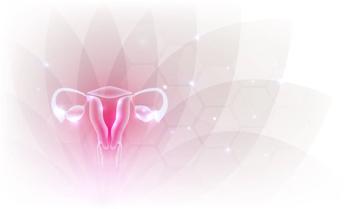
COVID-19 vaccination and its impact on menstrual cycles
Alison Edelman, MD, MPH, dives into her research presented at the 2024 ACOG Annual Clinical and Scientific Meeting on COVID-19 vaccination and it's impact on the menstrual cycle.
Timing of COVID-19 vaccination has been found to affect the menstrual cycle differently during distinctive phases, according to late-breaking research presented at the 2024 ACOG Annual Clinical and Scientific Meeting.
In an interview with Contemporary OB/GYN®, Alison Edelman, MD, MPH, professor and ob-gyn at Oregon Health and Science University, shed light on the effects of COVID-19 vaccines on menstrual cycles, offering critical insights for both patients and health care providers.
As 1 of 5 teams sponsored by the National Institutes of Health during the pandemic, Edelman and her team investigated whether COVID-19 vaccines cause menstrual cycle disturbances. According to Edelman, their initial findings confirmed a signal indicating that the vaccines do cause changes, although temporary and minor. The latest research aimed to understand why these changes occur.
Key findings from the study revealed that the timing of vaccination during the menstrual cycle is crucial. Vaccination during the follicular phase—the beginning of the menstrual cycle—can lead to a slight lengthening of the cycle by approximately 1 day. However, vaccination during the luteal phase—the second half of the cycle—does not seem to affect cycle length. These findings align with existing knowledge that events occurring in the follicular phase can influence menstrual cycle length, said Edelman.
She emphasized the importance of these findings in addressing public concerns. "If we all remember back, [patients] had a lot of questions and were coming into the offices having questions about menstrual cycle disturbances, and we just didn't really have any information to offer them because this was something that hadn't really been looked at before," she said.
The study underscores the need for health care providers to listen to their patients, noted Edelman. "The number one thing is to be listening to your patients and, and if they do report a change, that very well could happen because of the COVID-19 vaccine," Edelman advised. While the data suggest that menstrual changes due to the COVID-19 vaccine are generally small and temporary, individual experiences may vary. Edelman advises clinicians to consider other causes if patients report prolonged or significant menstrual changes.
Newsletter
Get the latest clinical updates, case studies, and expert commentary in obstetric and gynecologic care. Sign up now to stay informed.








